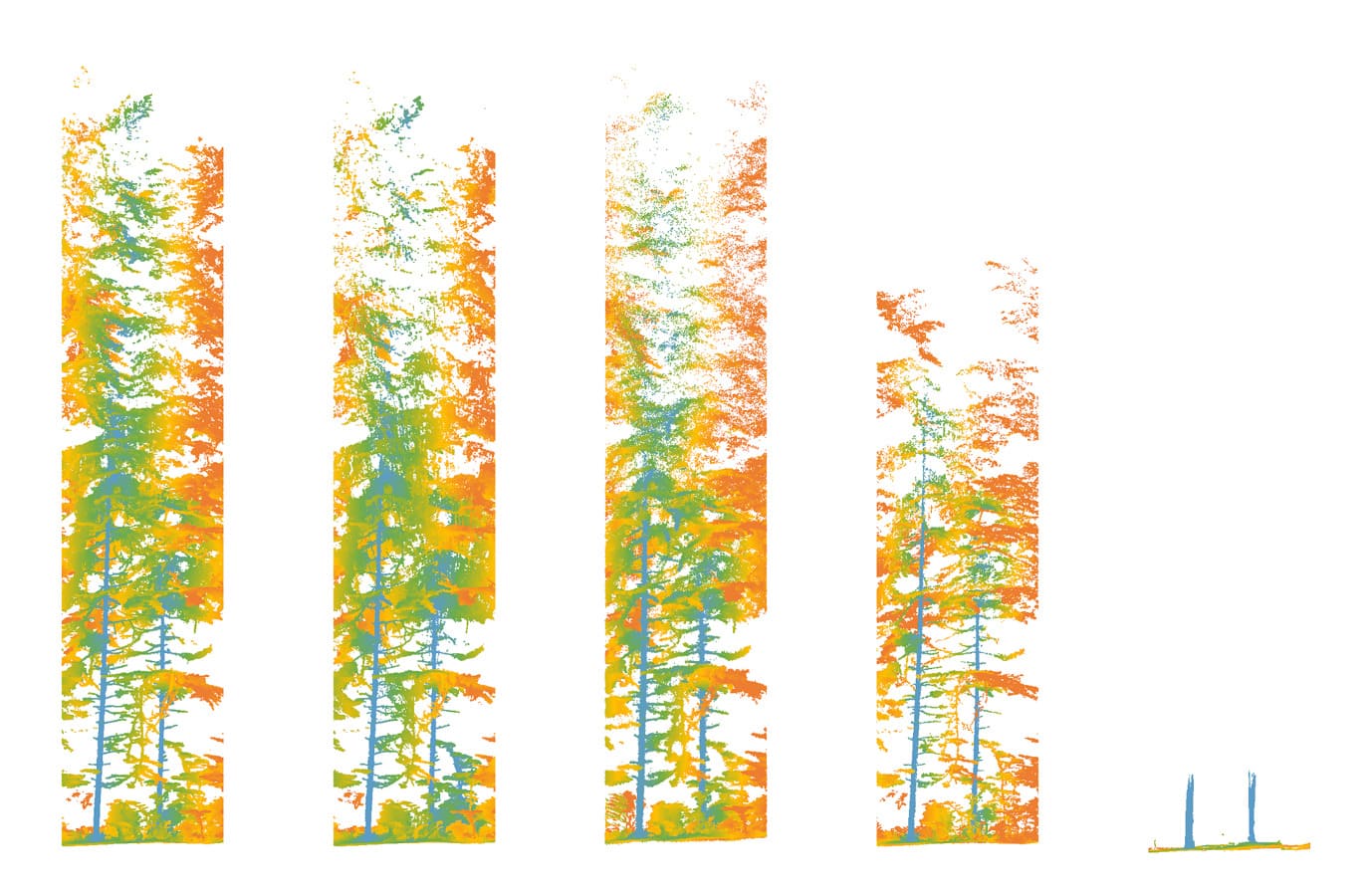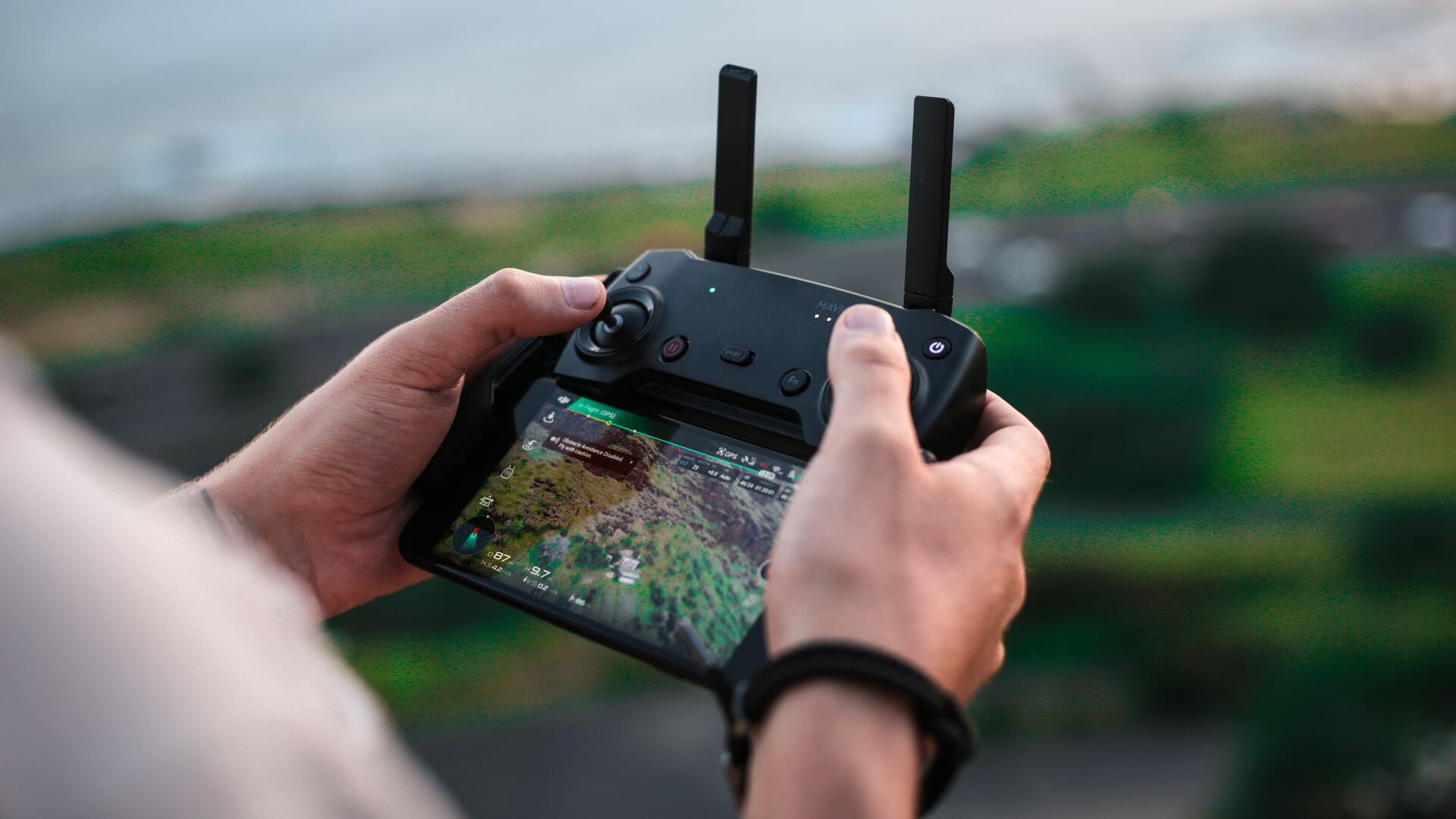In WG3 we are looking for participants for a benchmark hackathon for software solutions that process close-range point clouds from forests. It will take place on 25-29 September, 2023, at TU Wien (Austria).
One of the main aims of WG3 is to compile and evaluate algorithms and software that is relevant for 3DForEcoTech. We have already collected all software, algorithms and other solutions for point cloud processing with a focus on forest and individual trees. Altogether we have 24 such implementations; we have been successful at running and testing them, and we are working on an overview scientific paper and webpage focusing on the workflows of all solutions and their potential usage.
With this hackathon, we want to benchmark all the implementations using various point clouds from different European forest ecosystems.During the hackathon we will process them, assess their accuracy, and evaluate their pros and cons with the different available datasets. Based on the whole process, we will also create a standard protocol for the future assessment of other software, algorithms and solutions.
We are looking for participants with skills/experience in:
- point cloud technologies: data collection (desirable) and data processing (required)
- IT/programming/coding: dealing with standalone software, plugins, and R/Python/Matlab packages
- paper writing/publication
What will you gain as participant:
- co-authorship on the research paper to be written after the hackathon
- opportunity to work with other processing experts (:
- access to all relevant software solutions (already installed in the test computers)
All participants will have their expenses (traveling, accommodation, meals) covered by 3DForEcoTech COST Action (annotated rules here, on pages 84-90).
Please, fill in this form if you would like to participate in this event.
The deadline to submit your application is 31.05.2023
Any questions? Write an email to carloscabo@uniovi.es and 3dforecotech@gmail.com






